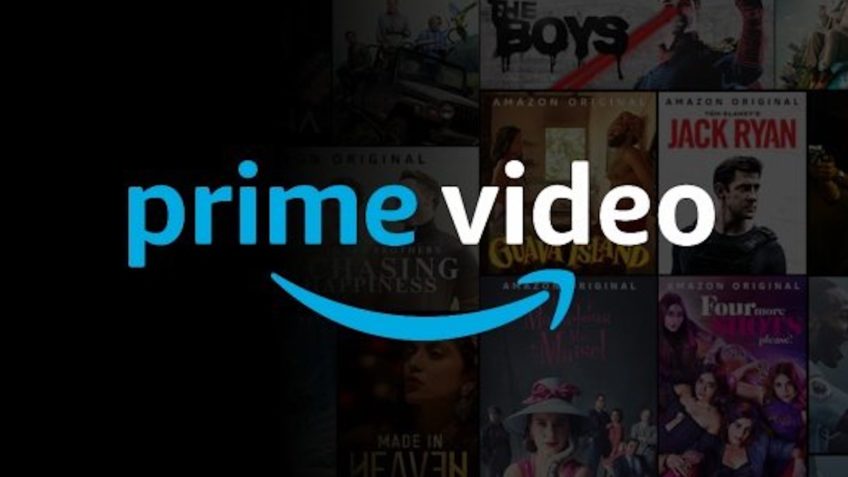Amazon Prime, a major global streaming service, is undergoing significant changes by implementing staff layoffs and reducing its local content production in Africa and the Middle East, as reported by Variety. The platform, currently the third largest in Africa, is realigning its business focus towards the European market. In an email to the staff, Barry Furlong, the Vice President of Prime’s EMEA division, stated that the decision is aimed at concentrating on “areas that drive the highest impact and long-term success.” The exact number of affected employees remains uncertain.

While approved shows like “Ebuka Turns Up Africa” will still be available on Amazon Prime in Africa, the platform will cease approving new local shows in sub-Saharan Africa, the Middle East, and North Africa. Despite the anticipated growth in Africa’s streaming market, with a projected 18 million paying streaming customers by 2029, Amazon Prime’s move suggests a shift away from its previous ambitions for dominance in the African streaming landscape.
As of 2021, Amazon Prime had an estimated 575,000 customers in sub-Saharan Africa, with a projected increase to 1.9 million by 2026. The streaming market in Africa is currently led by Netflix and Showmax, holding a combined 75% market share. However, streaming penetration remains relatively low, with the majority of customers concentrated in South Africa and Nigeria.
Amazon Prime initially entered the African market with ambitious goals, hiring substantial staff and forming partnerships with local production studios. These partnerships included multi-year agreements with Nigerian studios like Anthill, Inkblot, and Greoh. Notably, the collaboration with Jade Osiberu’s Greoh led to the exclusive availability of Osiberu’s movies and shows on Amazon Prime, with the first movie, ‘Gangs of Lagos,’ achieving considerable success.
The decision by Amazon Prime to scale back its presence in Africa poses challenges to a business model where tech-focused professionals finance or create Nollywood movies for sale to international streaming platforms. This model has seen successes like Netflix’s ‘The Black Book.’ Concurrently, African streaming platforms, including Video Play, Telkom One, and Kwese TV, have faced challenges, with IrokoTV, Africa’s oldest streaming service, experiencing a decline in active users and struggling to turn a profit despite significant investments in Nigeria.
